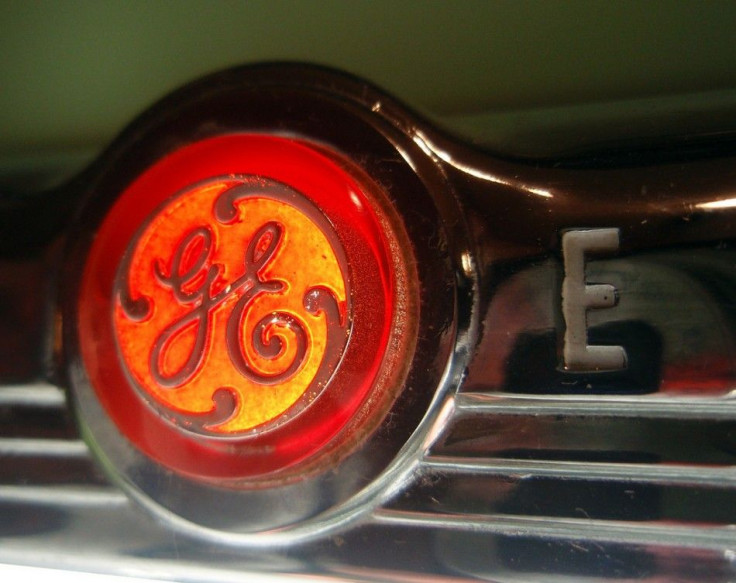GE, Best Buy Suffer Credit Rating Setbacks

Two of America's most iconic brands suffered setbacks to their credit ratings on Wednesday, evidence that some of the nation's most visible economic engines could face higher borrowing costs and that agencies may be raising the bar for keeping top-drawer ratings.
Moody's Investors Service cut the credit rating of Fairfield, Conn.-based General Electric Co. (NYSE: GE) and its financing arm, General Electric Capital Corp.
Standard & Poor's Ratings Services said Wednesday it has begun considering slashing the credit rating of big box electronics retailer Best Buy Co. Inc. (NYSE: BBY) to junk status, or non-investment grade.
Corporations closely monitor their credit ratings because they directly affect borrowing costs; the higher the rating, the lower the cost of borrowing. The loss of an investment-grade rating is widely seen as a caution for bond investors who seek safety.
S&P said the business model of Richfield, Minn.-based Best Buy, which plans to shutter 50 big stores and replace them with 100 smaller ones to cut $800 million in costs over five years, is not working and that steps taken to date have not been enough to improve performance.
S&P, therefore, placed the company's BBB- corporate credit rating on CreditWatch with negative implications. If Best Buy's current rating is cut just one level, it will no longer have an investment-grade corporate credit rating.
We believe the restructuring of operations underscores the problems that Best Buy is having with its current business model, said S&P's credit analyst Jayne Ross.
S&P said it gauged the company's business risk profile as satisfactory and its financial risk profile as moderate.
On March 29, Best Buy reported a loss for its fiscal 2012 fourth quarter, which ended March 3, and the full fiscal year. The loss came despite a slight gain in revenue in the quarter.
Best Buy shares fell 64 cents, or 2.6 percent, to $22.91 in late afternoon trading. That's near the stock's 52-week low of $21.79.
Meanwhile, Moody's downgraded GE Capital's senior unsecured debt by two notches to A1. It also cut its rating on the parent company from to Aa3 from Aa2. Both ratings remain within investment-grade territory.
GE responded by affirming the financial health of its operations.
GE's liquidity and capital position have never been stronger, a spokesman said Wednesday. Moody's actions are based on a change in their own methodology rather than our credit position, which has only improved in the past few years. With over $80 billion in cash and a healthy balance sheet, GE is well positioned and GE Capital remains one of the highest rated financial services companies in the world.
Matt Toms, head of U.S. public fixed income investments at ING Investment Management, told the Financial Times the action by Moody's could spell trouble for other finance companies.
The action taken by Moody's on (GE Capital) illustrates the depths of Moody's new-found distaste for finance-related businesses more broadly, he said.
While the bond market is not likely to be overly concerned about a nuanced ratings notching from GECC, it does not bode well for other financial issuers with ratings much closer to non-investment grade status, such as Bank of America and Morgan Stanley.
GE shares fell 21 cents to $19.75 in late afternoon trading.
© Copyright IBTimes 2024. All rights reserved.





















